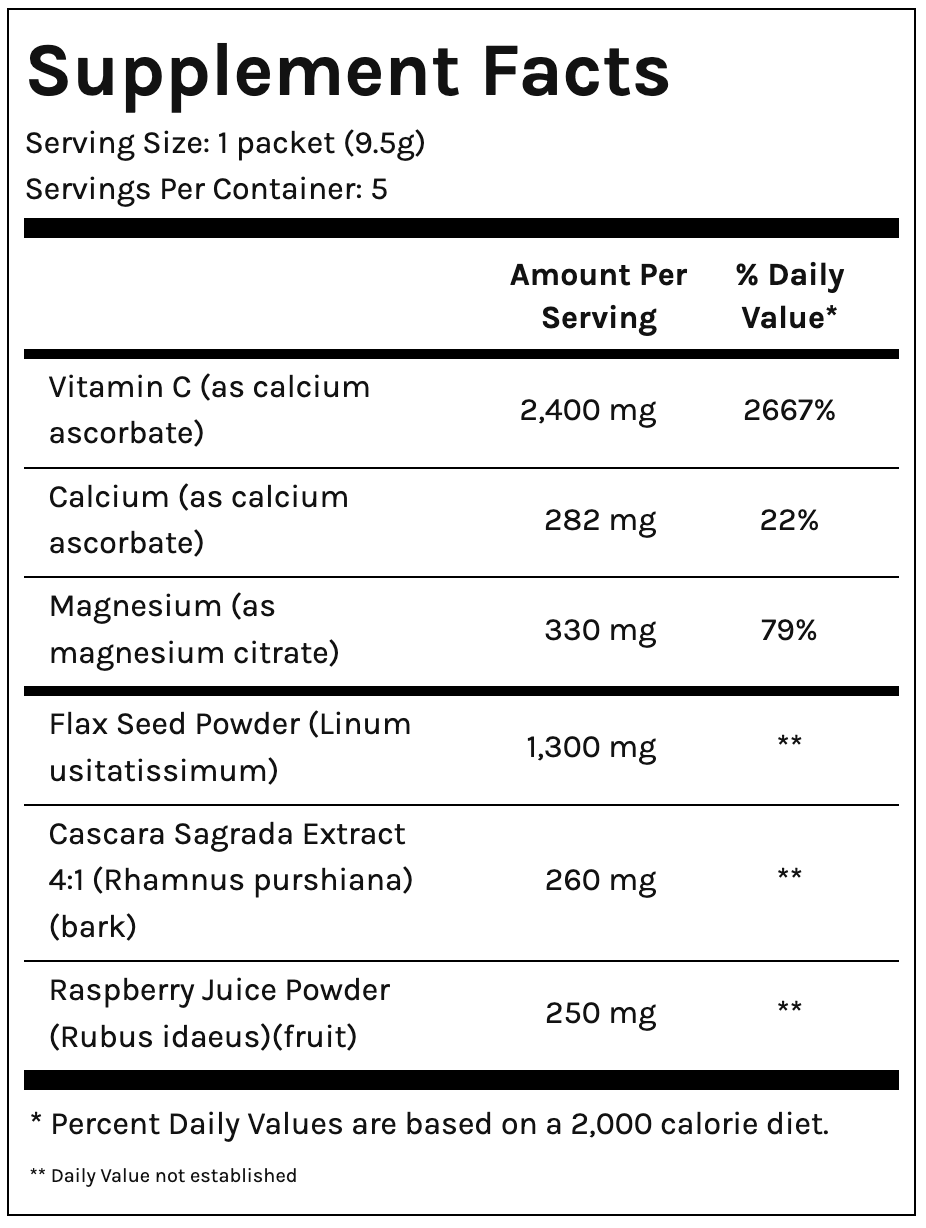- Coffee contains antioxidants and other compounds that may support gut health, but it can also aggravate digestive issues in some people.
- Caffeine and coffee promote gut motility, which helps constipation but exacerbates diarrhea or irritable bowel diseases.
- The acids in coffee may irritate the stomach lining, provoking heartburn, indigestion and GERD in susceptible people.
- Those with chronic gut issues may tolerate coffee better if avoiding fat additions, opting for cold brew, using milk alternatives, and stopping intake if it causes symptoms.
Coffee and Gut Microbiome
Emerging research reveals interesting effects of coffee components on the intestinal microbiome:
- Coffee polyphenols may increase Bifidobacterium species - beneficial bacteria that digest fiber, produce butyrate for colon health, and prevent growth of pathogens like Clostridium difficile.
- One mouse study showed coffee altered microbiota in a way that reduced TLR4 activation involved in inflammatory conditions.
- However, the oils in coffee may decrease total microbial richness and butyrate-producing bacteria like Faecalibacterium needed for gut barrier strength.
Gut Diversity
- A 2020 meta-analysis associated higher coffee intake with greater microbiome diversity - a key marker of gut health.
- Yet exactly how coffee interacts with specific microbe populations remains complex and requires more research in humans.
For healthy people, moderate coffee may benefit microbiome resilience. Those with digestive disorders should observe personal tolerance.
Digestion and Gut Motility
Coffee is known to stimulate:
- Gastric acid secretion
- Gallbladder contractions
- Pancreatic enzymes release
- Small intestine movement
- Colon motility
This cascade of effects centers on coffee's caffeine and cholinergic compound content.
Motility Implications
- Increased motility alleviates chronic constipation for some coffee drinkers.
- However for conditions like IBS, ulcerative colitis or Crohn’s disease characterized by diarrhea and intestinal spasms, coffee often worsens symptoms.
- Coffee also speeds the transfer of foods through the GI tract, meaning less time for nutrient absorption.
Those with gut issues may find their symptoms aggravated by coffee due to the enhanced gastro-motility.
Intestinal Inflammation
For healthy individuals, coffee exhibits an anti-inflammatory effect in the gut likely due to:
- Antioxidant phytochemicals that counter inflammatory oxidative stress
- Prebiotic fiber and microbiome changes decreasing inflammatory signaling
- Reduced production of inflammatory markers like interleukin-18 (IL-18)
Susceptible Populations
- Those with irritated intestinal lining may experience further inflammation from coffee’s acids or oils.
- Coffee synthetically closes faulty intestinal junctions associated with leaky gut syndrome for a couple hours, allowing whole proteins and compounds into circulation that drive inflammation.
- For sensitive groups or those in gastrointestinal distress, even compounds with potential benefit provoke further problems.
As such, individuals struggling with gut inflammation likely tolerate little to no coffee without exacerbating their condition.
Gut Barrier Integrity
Coffee provides antioxidant and antimicrobial substances that may strengthen gut barrier and protect the lining.
- Kahweol and cafestol enhance expression of tight junction proteins between intestinal cells, reducing harmful permeability.
- Yet this mechanism seems temporary, with junction integrity declining as circulating coffee compounds clear.
- For those presently healthy, coffee phytochemicals likely help stabilize the protective mucus layer in the gut.
Sustaining Integrity
- Butyrate and glutamine better nourish intestinal cells long-term, encouraging self-sufficient barrier function.
- Dietary components that irritate or inflame the GI tract perpetuate increased intestinal permeability.
- Compromised gut lining requires rest and healing, which coffee may hinder.
Supplements like Travel-eeze support sustainable gut barrier regeneration without irritation that coffee can cause.
Gastrointestinal Issues with Coffee
Coffee is among the most common heartburn triggers, with compounding factors being:
- Natural acids
- Decaffeination chemicals
- Unlock nutritious compounds and improve mineral absorption
- Added milk or cream
- Low stomach acid
- Hiatal hernias
- Ulcers
- Sensitive intestinal lining
Strategies to Minimize Problems
- Avoid coffee on an empty stomach
- Opt for cold brew which is less acidic
- Use non-dairy milk alternatives like coconut or almond milk
- Sweeten with non-irritating stevia instead of sucrose if needed
- Stay very hydrated to dilute digestion-taxing effects
Testing personal tolerance, limiting intake, and supporting gut health through other lifestyle factors allows some coffee without gut disruption.
Five Facts about Coffee and Gut Health
- Coffee is one of the most widely consumed beverages worldwide, with Finland topping intake per capita.
- Diterpenes like kahweol in coffee oil increase intestinal glutathione - the body’s vital endogenous antioxidant.
- Regular coffee consumption is associated with greater microbial diversity in the gut microbiome.
- The acids in coffee can provoke heartburn, ulcers, IBS and leaky gut issues in those sensitive.
- Decaffeinated coffee lacks some beneficial phytochemicals but still contains irritating acids and compounds from chemical processing.
Frequently Asked Questions about Coffee and Gut Health
Is coffee bad for IBS?
Typically yes, the acidity and stimulation of gut motility from coffee exacerbate cramping, diarrhea and other IBS symptoms. Fatty coffee additions create even more intestinal irritation. Cold brew coffee is gentler if someone with IBS wishes to test tolerance.
Does coffee damage your gut lining?
For those presently healthy, coffee likely does not harm the gut lining. However the acids and oils can disrupt barrier integrity if it is already compromised, preventing healing of what’s known as “leaky gut.” Removing coffee is advisable in this case.
Can coffee cause leaky gut?
In a sensitive or irritated gut, yes - compounds and acids in coffee can exacerbate intestinal inflammation and permeability. Temporarily plugging tight junction gaps with coffee consumption followed by aggravated leakage with clearance of coffee compounds contributes to whole protein infiltration and intestinal distress.
Is coffee bad for gut bacteria?
Coffee contains polyphenols that may support growth of beneficial Bifidobacteria. However the oils present may inhibit total microbial richness and populations like Faecalibacterium that produce inflammation-resolving compounds. Overall gut microbiome response to coffee varies individually.
Should you avoid coffee with gut issues?
Eliminating coffee can relieve multiple digestive symptoms for those with chronic GI problems. The acids, oils, and caffeine stimulate motility, hiking the transfer rate of foods through the intestines before proper digestion and absorption occur. This provokes diarrhea, inflammation, pain and nutritional deficits.
Is cold brew coffee easier on your stomach?
Yes, cold brewing reduces the acidic oils in coffee by about 70%. This lowers gastrointestinal irritation making it easier to tolerate for those prone to heartburn, IBS, ulcers and leaky gut syndrome.
Can coffee enemas damage your gut?
If plain filtered coffee is used, some research indicates coffee enemas may help resolve constipation and infection without harming gut lining. However repetitive use could eventually irritate the colon. Proper sterile procedure is always imperative.
Meet Liz Hall, former flight attendant and founder of eeze Natural Health, who knows firsthand the struggles of maintaining gut health while traveling. Drawing from her own experiences, she created Travel-eeze, a natural supplement expertly formulated to relieve traveler’s constipation and support healthy digestion on the go. Whether your jet-setting around the world or embarking on a weekend road trip, Travel-eeze is your must-have travel companion. Stay comfortable and energized throughout your journey! Keep an eye out for Travel-eeze in your favorite travel kits and hotel minibars soon—don’t let travel hold you back!





